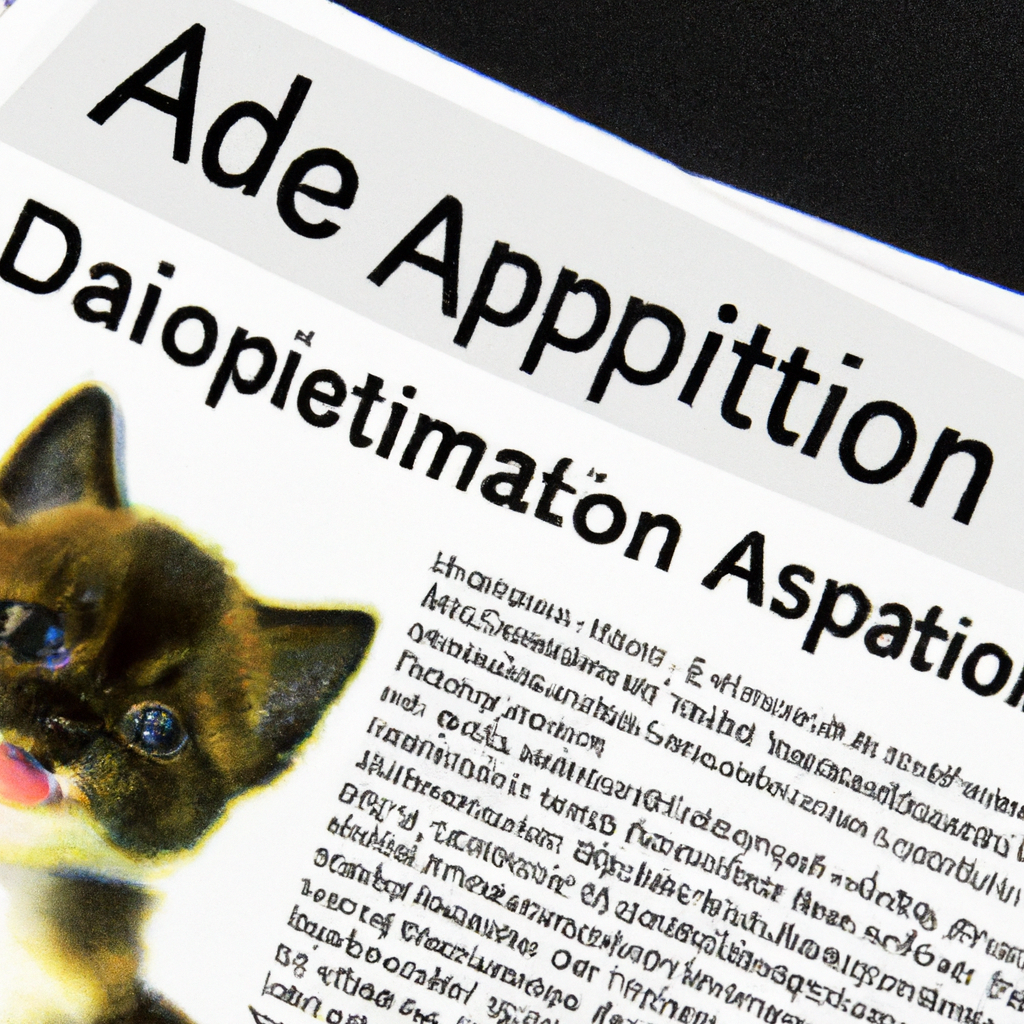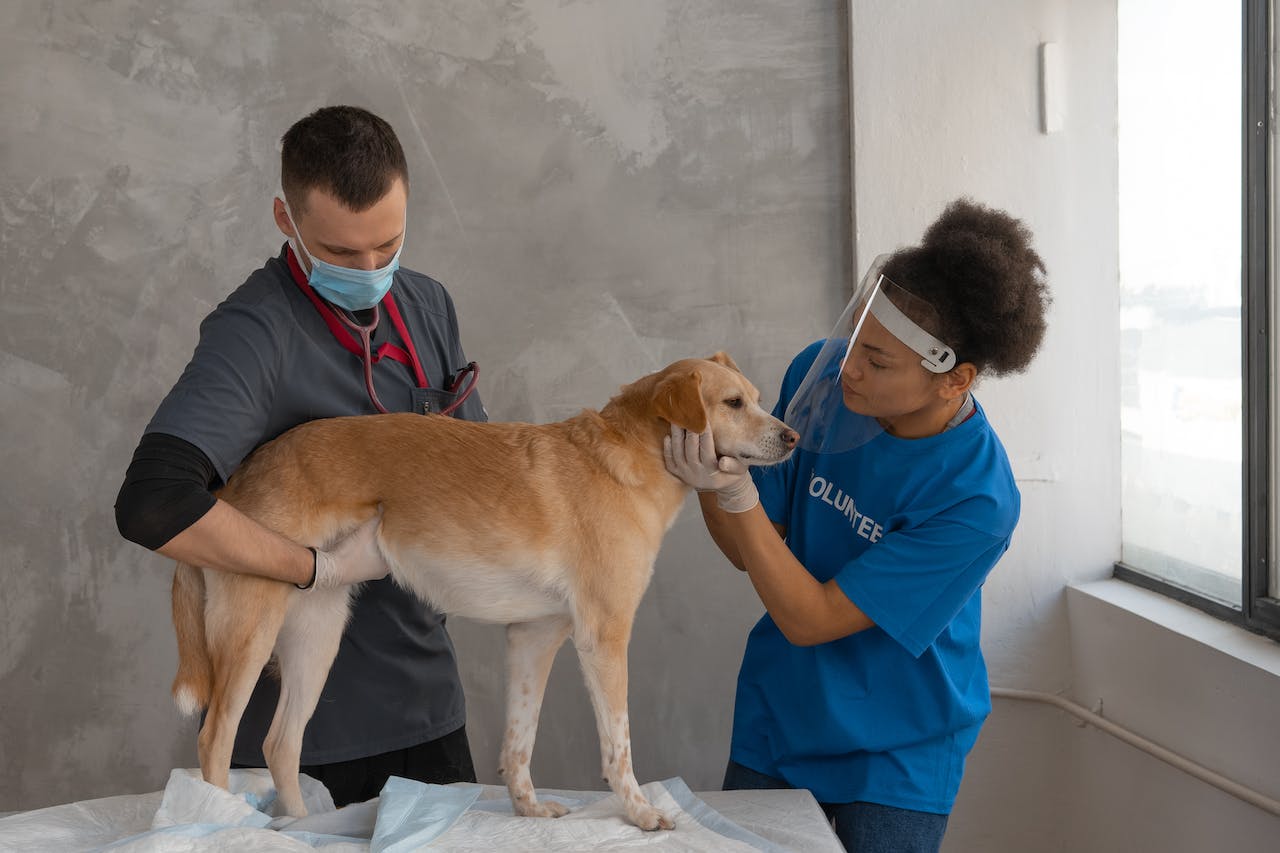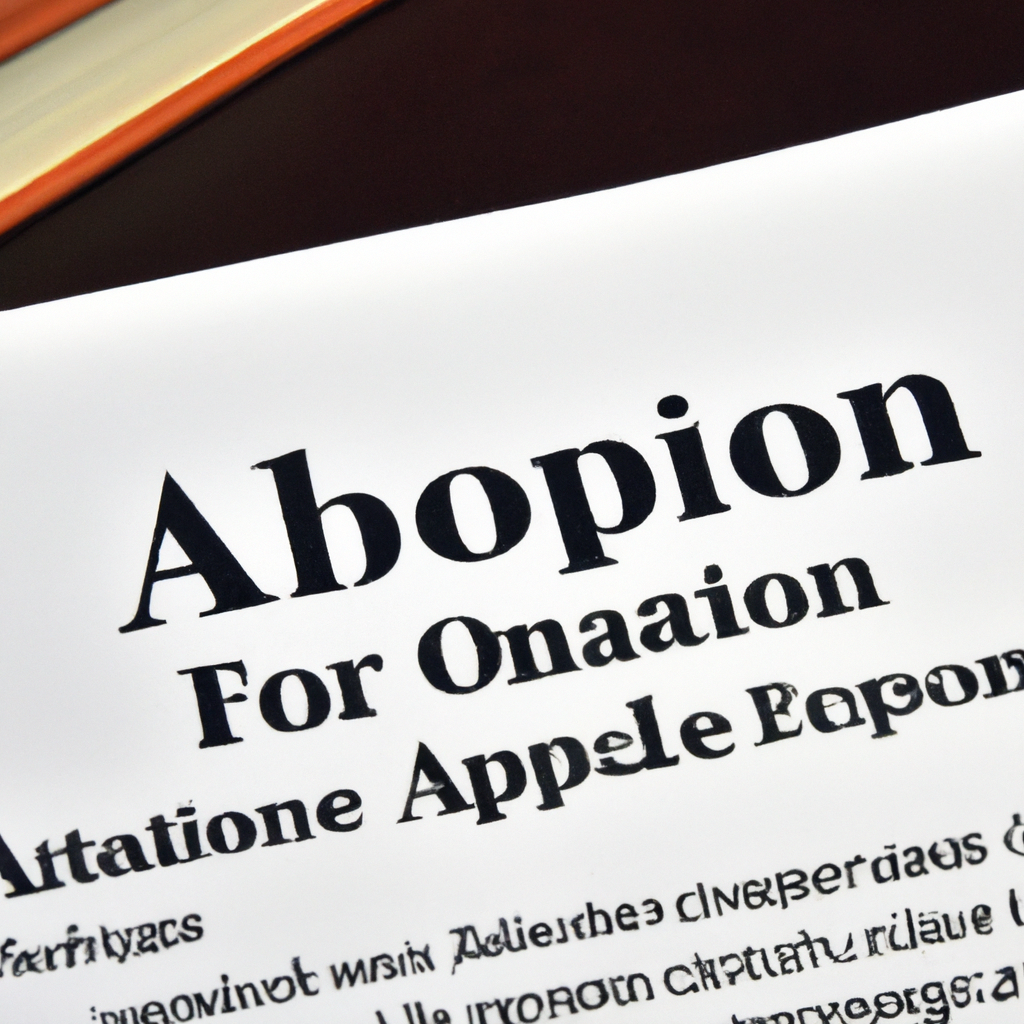The Impact of Pet Adoption on Children’s Development
The Impact of Pet Adoption on Children’s Development Introduction Pet adoption not only brings joy to families, but it

The Impact of Pet Adoption on Children’s Development

Introduction
Pet adoption not only brings joy to families, but it also plays a significant role in the development and well-being of children. Pets can provide companionship, love, and a sense of responsibility, which all contribute to the overall growth and emotional development of a child.
Social and Emotional Development
When children have pets, they learn valuable social and emotional skills. Interacting with pets promotes empathy, as children learn to understand and meet their needs. They develop a sense of responsibility as they care for their pets’ daily needs, such as feeding, grooming, and exercising. Pets also provide comfort and emotional support, allowing children to develop strong bonds and learn about unconditional love.
Physical Development
Having pets can also enhance a child’s physical development. Dogs, for example, encourage physical activity, as children take them for walks and play with them in the outdoors. This active lifestyle helps improve coordination, motor skills, and overall fitness. Furthermore, research has shown that children who grow up with pets have a lower risk of allergies and asthma, as exposure to pet-related allergens strengthens their immune systems.
Mental Health Benefits
Pets have a positive impact on children’s mental health, promoting emotional well-being and reducing stress and anxiety. Studies have indicated that children who have pets at home are more likely to exhibit higher self-esteem and improved mental health. Pets serve as non-judgmental listeners, providing comfort during difficult times and boosting overall happiness and emotional resilience.
Education and Learning
Pet ownership can also contribute to a child’s education and learning. Taking care of a pet teaches children about biology, animal behavior, and life cycles. They learn about the responsibility of pet ownership, problem-solving skills when faced with challenges, and the importance of reliable routines. Pets can even provide opportunities for children to practice reading aloud, as they often enjoy listening to bedtime stories or being talked to.
Conclusion
Adopting a pet has numerous positive effects on a child’s development. From fostering social and emotional skills to enhancing physical and mental well-being, pets provide invaluable companionship and life lessons. By adopting a pet, families not only bring joy and love into their homes, but they also contribute to their children’s growth and development in meaningful ways.






